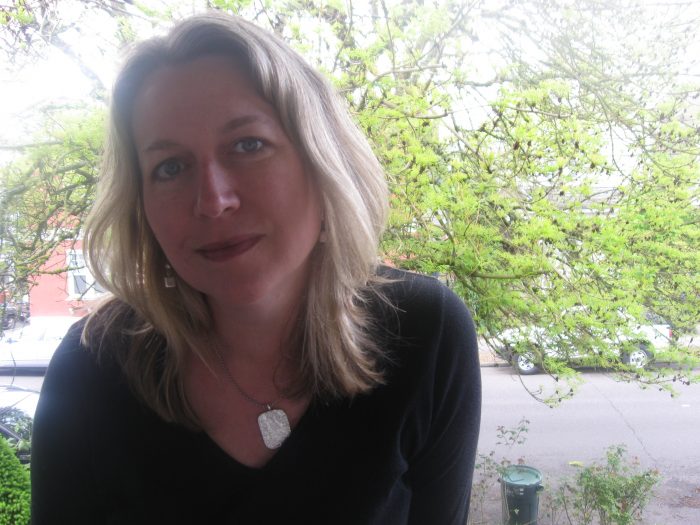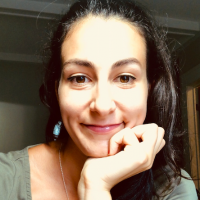There is power in words.
Words connect us in a world that breeds and feeds isolation.
I used to be afraid to tell people I was a writer. I thought they perceived that identity as lazy, and I thought choosing to write would seem like I was choosing a selfish path.
In my university literature classes, we had to study countless essays in defense of writing, poetry, and art. And I used to think to myself, man, these are some angry, defensive old writers—but I get where they’re coming from.
There are a lot of people who understand the power of words, but there are also a lot of people who don’t. And as someone whose whole life has felt like a long, loud calling to write, I am starting to feel like I am one of those angry, old writers striving to convince the world of its value.
Writing connects us through our shared experiences of pain and joy. But it also magnifies beyond the individual. It has the power to drive societal change, challenge norms, incite revolutionary thought, and inspire people to take action.
Cheryl Strayed, the author best known for her novel, Wild, spoke out against the riot that happened in Charlottesville a few weeks ago. I was surprised when I read her Facebook post the next day that addressed the apparent backlash she received.
She said:
“I post most often about political matters over on Twitter, but when I post them on Instagram or Facebook, I’m always amazed by how many people say some version of ‘stick to writing,’ as if writing can ever be separate from politics. Like our literature, our lives are never apolitical, even if we believe them to be. We are always making a choice to see or not see, to speak against or for, to call out injustice in others, and examine it in our own hearts, minds, and actions, or to pretend it doesn’t exist[…].”
Like any writer, there are many reasons that I write. There are political and moral motives driving me, but I also have to admit that there are selfish reasons as well. George Orwell expresses a similar view to Strayed on writing and politics. In his book, Why I Write, he captures the four main reasons that a writer writes, which I’ve summarized below.
1. Egoism. It’s true that part of why we write is so that we can be remembered in some way. We want what we have to say to be of value and be talked about. But, if we’re striving to do good, does it matter if there’s a small bit of egoism associated with it?
2. Aesthetic Enthusiasm. There is satisfaction in prose that is eloquently written. Writing is enjoyable just because it is—“art for art’s sake.”
3. Historical Impulse. As writers, we desire to understand the meaning of things. We want to lay out the facts, determine the truth of a reality, and document them for future references. I would add to this: storytelling. As humans, there is an innate desire to make sense of the world through storytelling. It allows us to transform fact into art and inspire others to listen.
4. Political Purpose. Orwell says: there is a “desire to push the world in a certain direction, to alter other people’s idea of the kind of society that they should strive after…No book is genuinely free from political bias. The opinion that art should have nothing to do with politics is itself a political attitude.”
I used to think that I wrote mainly for the first three reasons Orwell listed. I have tended to play it safe with my writing, because I was afraid of the alternative. But, as both Strayed and Orwell explain, playing it safe makes a statement in itself, which is not the kind of statement that I want to make.
Part of finding my path as a writer has been about learning to understand myself better as a person and understanding the injustices that I feel passionate about. I have had to learn to listen to what makes me angry, what makes my body react, what makes me wake up each day and ask, “What am I fighting for?”
It’s scary, and I don’t know if I’m totally there yet myself. The choice to write publicly, a “coming out” so to speak, is a choice that, as writers, we make at our own pace. We open the door an inch, touch a toe to the ground, look around the room, and the more comfortable we feel outside of the safety of those dark walls, the louder our voices can become.
~
~
~
Author: Naomi Boshari
Image: Wikicommons
Editor: Travis May
Copy Editor: Yoli Ramazzina
Social Editor: Nicole Cameron












Read 0 comments and reply